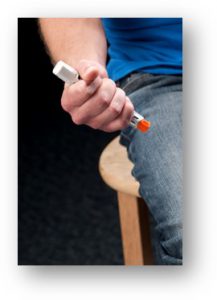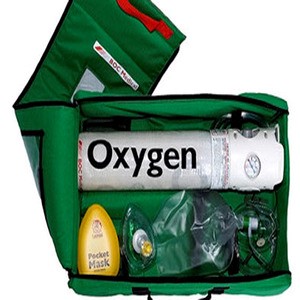Safe first aid training during covid-19 Your safety is very important when you are taking…
Allergies are very common. They are thought to affect more than one in four people in the UK at some point in their lives.

They are particularly common in children. Some allergies go away as a child gets older, although many are lifelong. Adults can develop allergies to things they were not previously allergic to.

Having an allergy can be a nuisance and affect your everyday activities, but most allergic reactions are mild and can be kept under control. Severe reactions can occasionally occur, but these are uncommon.
Common allergies
Substances that cause allergic reactions are called allergens. The more common allergens include:
- Grass and tree pollen – an allergy to these is known as hay fever
- Dust Mites
- Animal dander (tiny flakes of skin or hair)
- Food – particularly nuts, fruit, shellfish, eggs, and cow’s milk
- Insect bites and stings
- Medication – including ibuprofen, aspirin, and certain antibiotics
- Latex – used to make some gloves and condoms
- Mould – these can release small particles into the air that you can breathe in
- Household chemicals – including those in detergents and hair dyes
Most of these allergens are harmless to people who are not allergic to them.
Getting help for allergies
See your GP if you think you or your child might have had an allergic reaction to something.
The symptoms of an allergic reaction can also be caused by other conditions. Your GP can help figure out whether you have an allergy.
If your GP thinks you might have a mild allergy, they can offer advice and treatment to help manage the condition.
If your allergy is particularly severe or it is not clear what you are allergic to, your GP may refer you to an allergy specialist for testing and advice about treatment.
Treatment
The best way to keep your symptoms under control is often to avoid the things you are allergic to, although this is not always practical.
For example, you may be able to help manage:
- Food allergies by being careful about what you eat
- Animal allergies by keeping pets outside as much as possible and washing them regularly
- Mould allergies by keeping your home dry and well-ventilated, and dealing with any damp and condensation
- Hay fever by staying indoors and avoiding grassy areas when the pollen count is high
- Dust mite allergies by using allergy-proof duvets and pillows, and fitting wooden floors rather than carpets
Signs and Symptoms of severe and mild reactions:
Severe reactions occur rapidly
Patient may have hives, red blotchy skin, wheezing, chest tightness, stomach pain, nausea, difficulty breathing and fainting.
Treat severe reaction as a medical emergency.
Mild reactions include sneezing, itchy eyes, runny nose and skin rashes.
May be controlled with antihistamines. Some people with severe allergies may experience life-threatening reactions, known as anaphylaxis or anaphylactic shock.
If you are at risk of this, you will be given special injectors containing a medicine called adrenaline to use in an emergency.
If you develop symptoms of anaphylaxis, such as difficulty breathing, you should inject yourself in the outer thigh before seeking emergency medical help.
Immediate Management of Anaphylaxis
An Anaphylactic shock, or anaphylaxis, is a life-threatening, serious allergic reaction to an allergen such as food substances or insect stings. If it is not treated appropriately, it may cause death.
Continually move through the Cycle of Care until EMS arrives.

